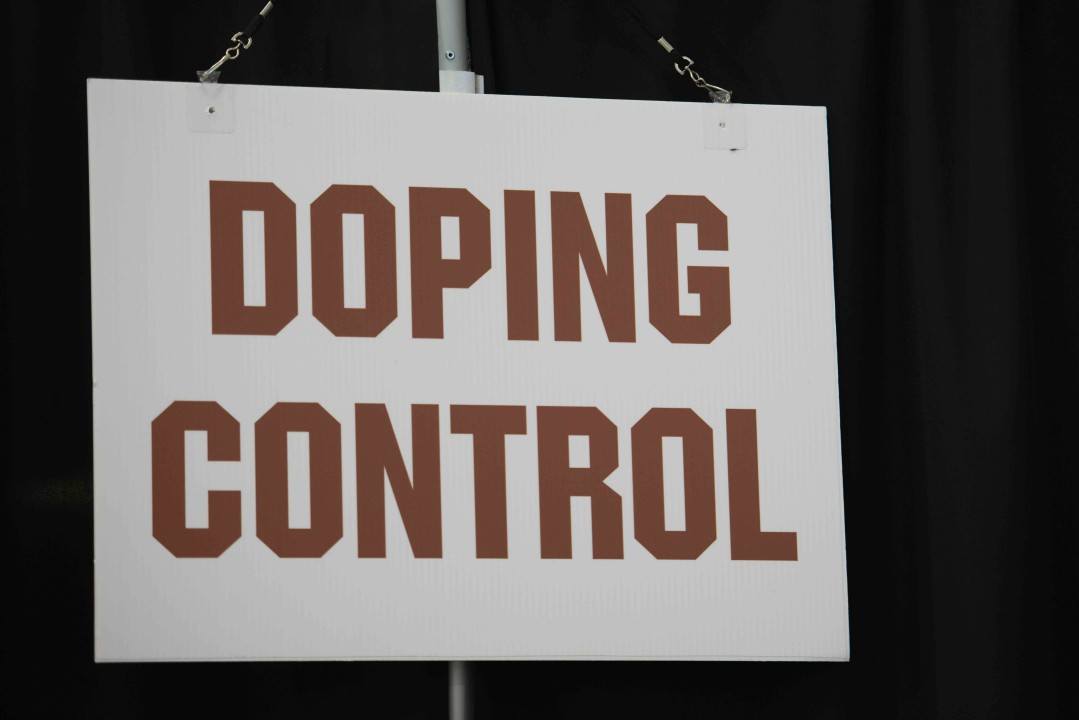WADA, the World Anti-Doping Agency, has announced the lifting of the partial suspension of the accreditation of the Doping Control Laboratory at the Karolinska University Hospital located in Stockholm, Sweden. The laboratory had been partially suspended since August 1st, 2018.
The World Anti-Doping Agency announced that, in accordance with the International Standard for Laboratories (ISL), WADA’s Executive Committee (ExCo) has approved lifting the partial suspension of the accreditation of the Doping Control Laboratory at the Karolinska University Hospital located in Stockholm, Sweden as it relates to the gas chromatography/combustion/isotope ratio mass spectrometry (GC/C/IRMS) method, the agency announced today in a statement.
The Stockholm Laboratory, which had its accreditation partially suspended as a result of the GC/C/IRMS method on August 1st, 2018, has solved the issue that led to the laboratory’s partial suspension. Following the laboratory’s compliance with the measures established throughout their suspension, the WADA Laboratory Expert Group recommended to the agency’s ExCo Chairman that the partial suspension be lifted on July 29th, 2019.
As a result, the Stockholm Laboratory, which had continued to carry out all of its other regular anti-doping activities is no longer required to securely transport samples that require GC/C/IRMS analysis to another WADA-accredited laboratory starting last August 1st.
“WADA is pleased to confirm that the Stockholm Laboratory’s accreditation has been reinstated twelve months after the Laboratory was partially suspended,” said WADA Director General, Olivier Niggli.
“We commend the Stockholm Laboratory for their comprehensive response in addressing the issue that led to the partial suspension; and, assure athletes that they can be confident that the Laboratory is operating at the high standards required by WADA and the global anti-doping program,” Niggli added.
Among the agency’s duties is accrediting and re-accrediting anti-doping laboratories, thereby ensuring that they maintain the highest quality standards. When a laboratory does not meet ISL requirements, the agency may decide to suspend or revoke the laboratory’s accreditation.
